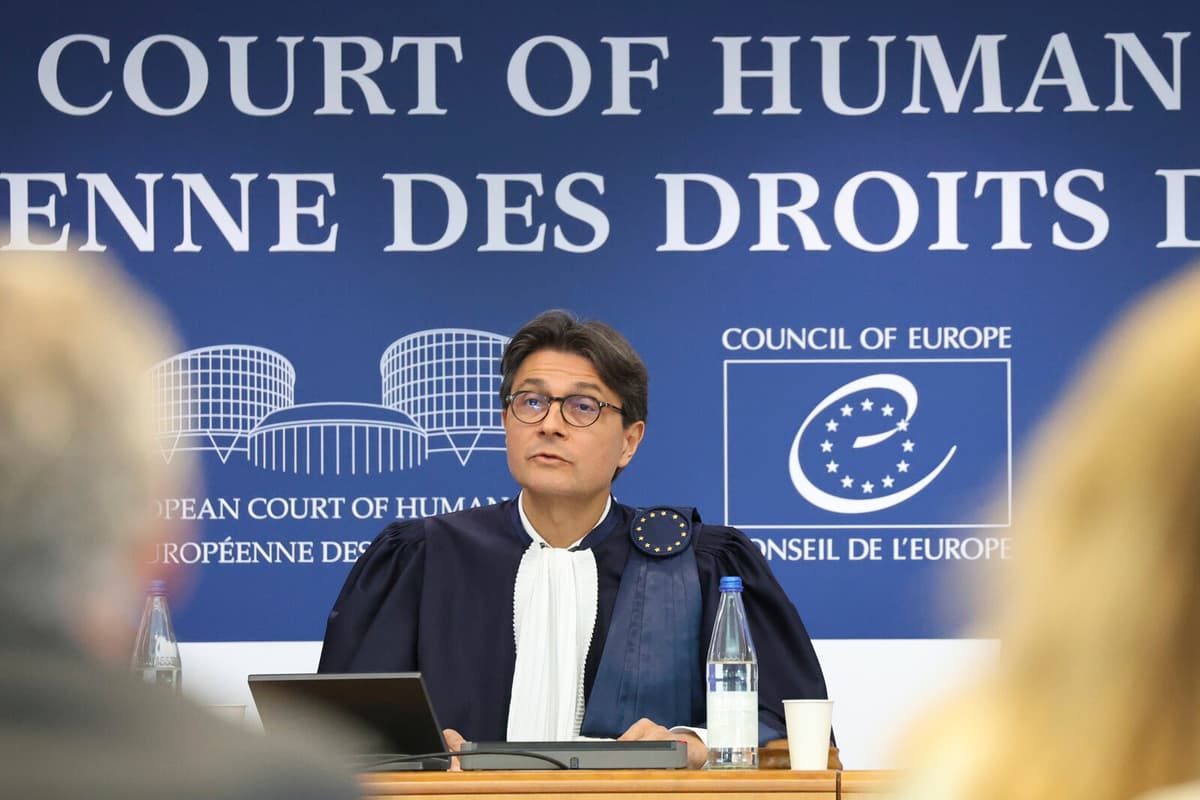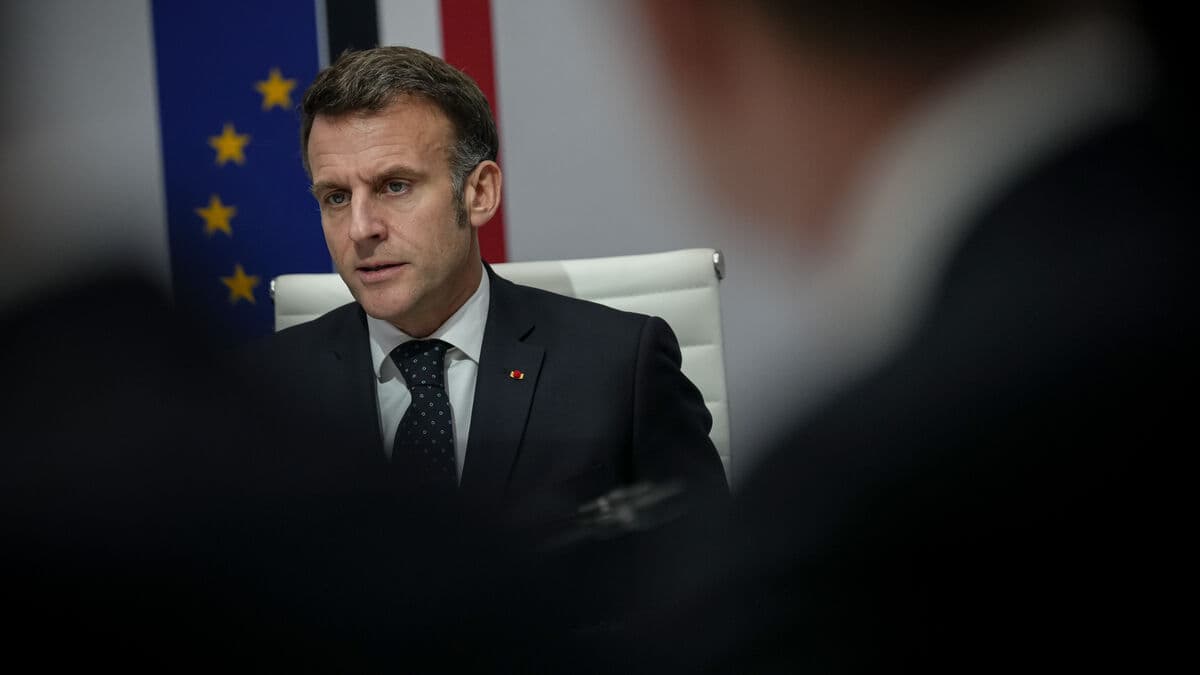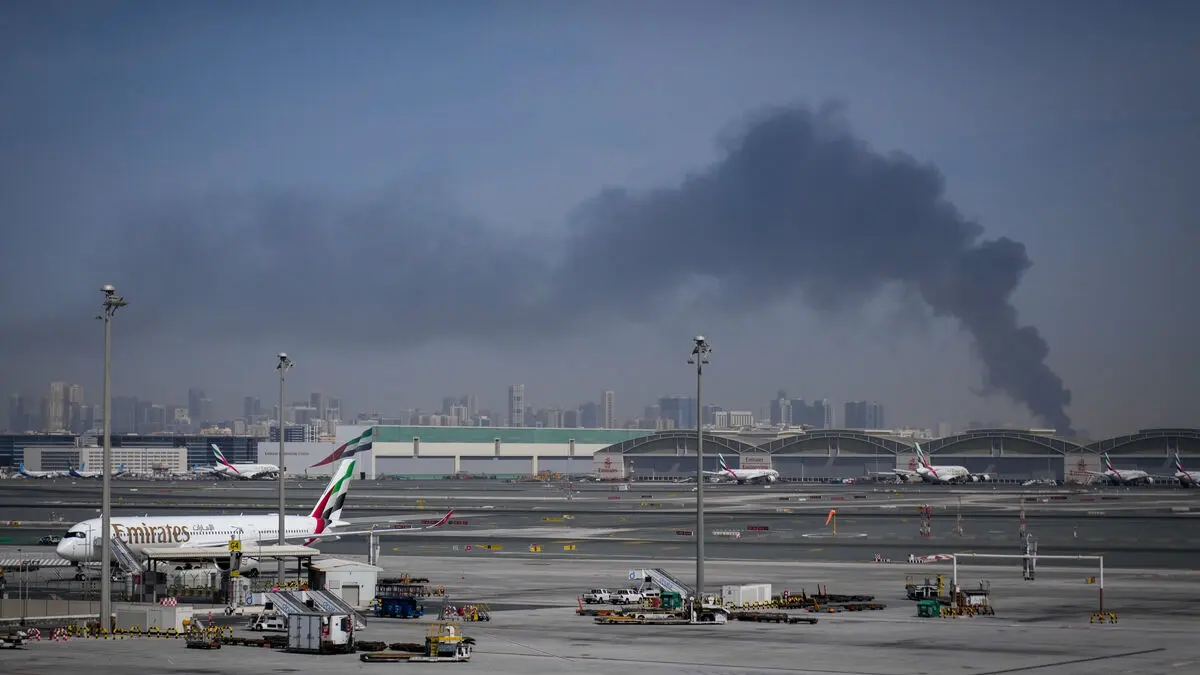It is the first time an international court takes a stance on Russia's guilt in the broader conflict in Ukraine, which has been raging for over ten years. The silence in the courtroom in Strasbourg was deafening when the verdicts were announced.
Two of the cases date back to 2014 and concern Russian crimes against human rights in eastern Ukraine, including torture, sexual violence and systematic abduction of Ukrainian children. A third case was brought in 2022 and also concerns serious Russian human rights crimes in connection with Russia's warfare, but after the full-scale invasion on February 24, 2022.
The European Court of Human Rights unanimously establishes that Russia is guilty of crimes against a number of paragraphs in the European Convention. Before the decisions were announced, the court established that the crimes in question fall within Russian jurisdiction and took place before Russia was expelled from the Council of Europe in 2022, which means that the European Court of Human Rights has the right to deliver a verdict.
Milestone for relatives
The court in Strasbourg also announces that Russia is responsible for the downing of the Malaysia Airlines plane MH17. 298 people died when the passenger plane was shot down by Russian-backed forces in the Donetsk region in eastern Ukraine in July 2014.
The European Court of Human Rights' verdict is largely symbolic. But family members of the victims of MH17 describe it as a milestone in the search for answers and justice.
It is an important step in understanding who was actually responsible, says Thomas Schansman, whose 18-year-old son Quinn died in the attack, to the news agency AP.
Thousands of cases
In 2022, a Dutch court sentenced three men, two Russians and a Ukrainian, to life imprisonment for MH17. Russia – which has consistently denied involvement – has refused to hand them over. In May this year, the UN aviation agency established that Russia is responsible for the downing, but many questions remain.
The European Court of Human Rights (ECHR) is part of the Council of Europe, which expelled Russia shortly after the Russian invasion of Ukraine in 2022. However, the court can still deliver verdicts in cases against Russia that were brought before then.
Ukraine has three more ongoing cases against Russia waiting for a verdict in Strasbourg. In addition, there are around 9,500 ongoing cases brought by individual individuals against the regime in Moscow.






